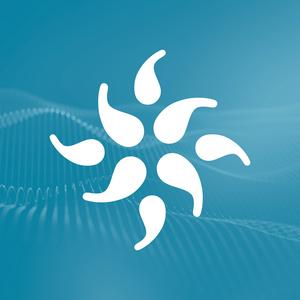What if “failure” was just expectations being uncomfortably rewritten by reality?
In this conversation with Neal Sivula we discuss the experience of failing forward—what it actually looks and feels like when you’re a practitioner, a clinic owner, and a person who cares. How to navigate the employee who doesn’t show up the way you hoped, the power outage, or the appointment someone forgets. And the uncomfortable moment when you have to hold a boundary, especially when you’d rather not be the hammer.
Neal has found a few steady anchors: the micro-business reality of “one day at a time,” and the quietly radical skill of addition by subtraction. Sometimes the way forward isn’t adding another technique. It’s stopping something. Simplifying. Doing more with lessing.
There’s also the importance of tenderness . Neal works with older animals and the humans who love them, he leans on the practice of accompaniment—staying present when things are hard, not avoiding the difficult moments, but instead inhabiting them. It makes a difference.
Listen into this conversation for how failure teaches, and what it asks of us when we’re the ones doing the learning.


